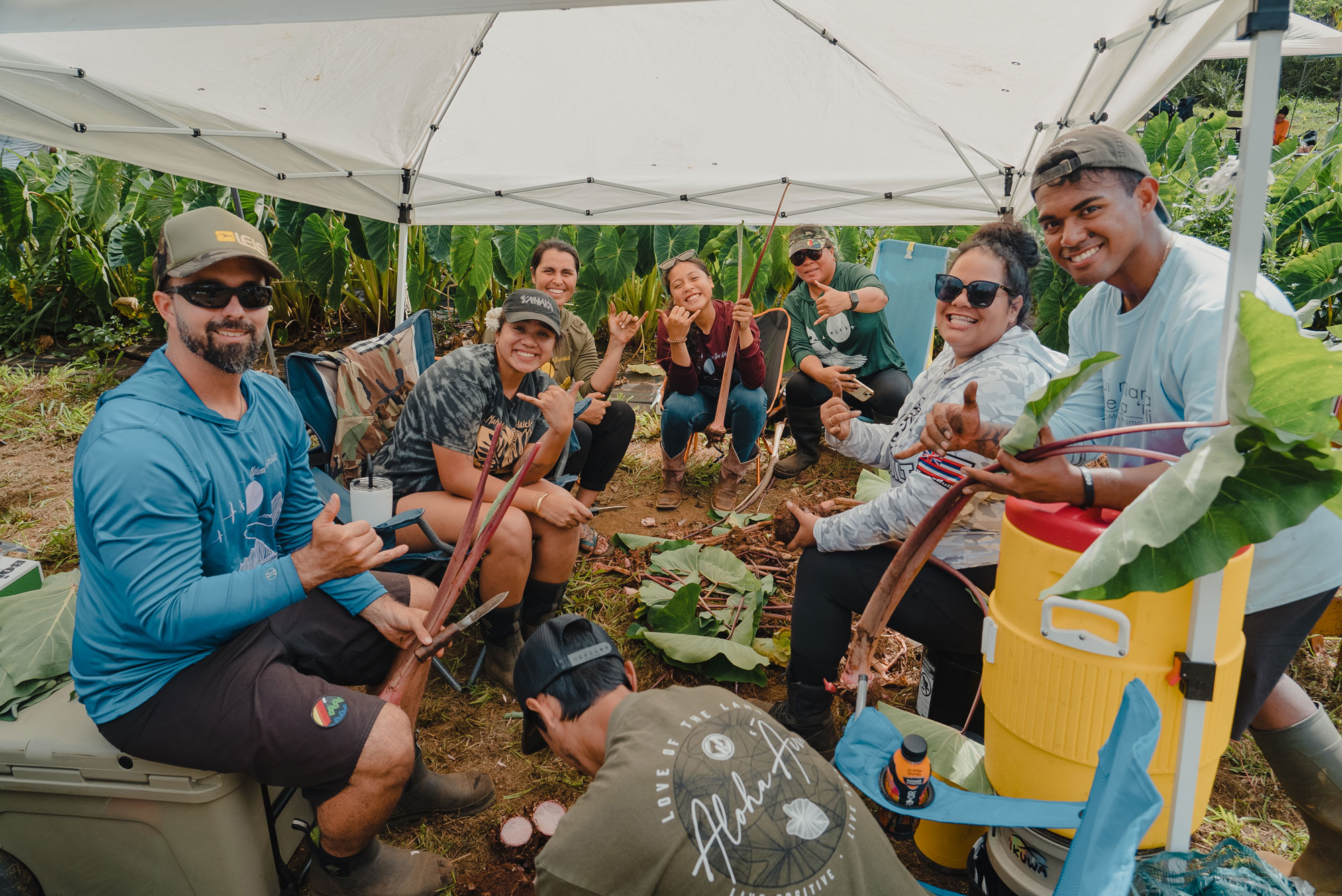In Hawaii, the word ‘āina describes interconnected relationships between people, the environment and spiritual kin.
The Kohala Center (TKC), a community-based nonprofit organization in Waimea, Hawaii Island, seeks to build a more ‘āina-based economy by returning ancestral knowledge and place-based research into daily practices that strengthen people’s connection to each other and the world around them.
Fortunately, they have secured USDA 2501 grant funding, designed to help underserved and veteran farmers, ranchers and foresters, to extend the organization’s ability to strengthen local businesses and enhance food security and community connections.
According to Melanie Willich, Ph.D., TKC director of applied ‘āina-based agriculture, 2501 program funds allow the organization to help rural agricultural producers and practitioners increase local food production, expand distribution channels, create jobs, and stabilize energy costs.
“The technical assistance provided by our staff enables farmers and others connected to the food system to build more viable businesses through access to land, knowledge, networks, capital and programs available through our partners, including local and national USDA offices,” she said.
The 2501 program has also supported TKC’s cooperative development work. Cooperative groups are essential to supporting greater stability and resiliency for small agricultural producers. They generate economic wellbeing from and for the local community by helping keep financial gains local rather than exporting them away from the Hawaiian islands.
As they provide these services, TKC also supports an economic model of collective responsibility and resource-sharing that leverages Hawaiian knowledge and ensures the continuation of traditional lifeways.
For example, the 2501 Program enables TKC to cultivate 118 heritage varieties of taro – a starchy root vegetable sacred to the Hawaiian people – and share planting material and tubers with local communities and growers. TKC hosts celebrations at which taro and planting materials are collectively harvested and donated.
“After an eight- to ten-month growth cycle, we celebrate Lā Kalo, which is a day of sharing and caring and an important time of cultural connection,” said Willich. “The 2501 Program provides for the cultivation and sharing of kalo, the Hawaiian term for taro, and allows this practice to continue as a model for sharing other agricultural resources.”
See how 2501 grants have supported other organizations and learn about recently funded projects.

